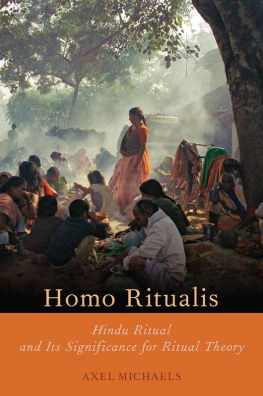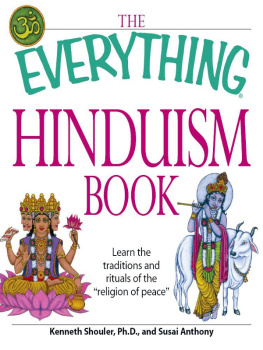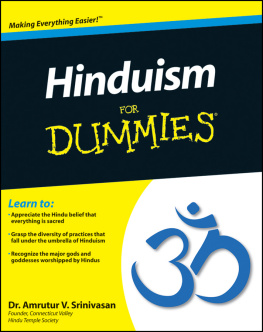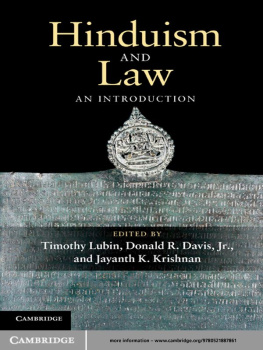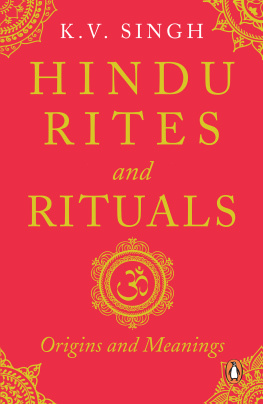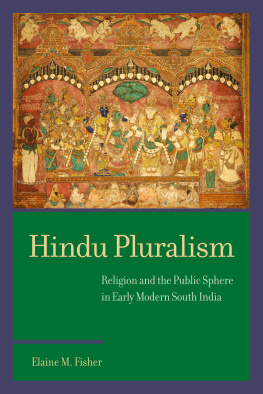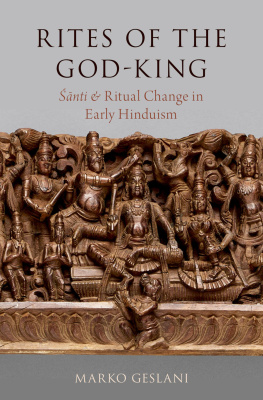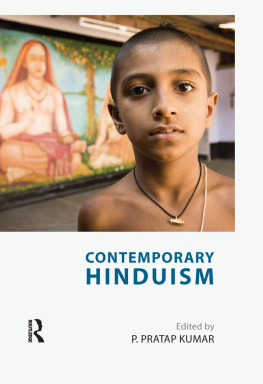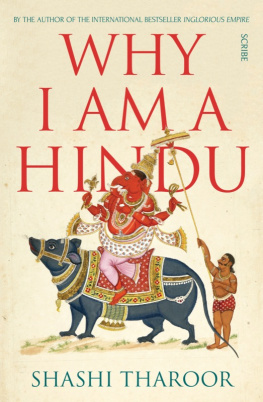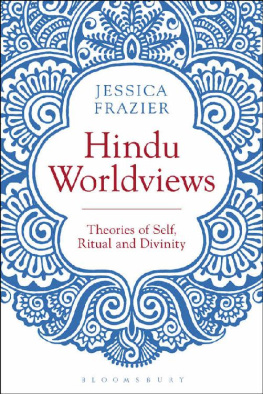Homo Ritualis

OXFORD RITUAL STUDIES
Series Editors
Ronald Grimes, Ritual Studies International
Ute Hsken, University of Oslo
Barry Stephenson, Memorial University
THE PROBLEM OF RITUAL EFFICACY
Edited by William S. Sax, Johannes Quack, and Jan Weinhold
PERFORMING THE REFORMATION
Public Ritual in the City of Luther
Barry Stephenson
RITUAL, MEDIA, AND CONFLICT
Edited by Ronald L. Grimes, Ute Hsken, Udo Simon, and Eric Venbrux
KNOWING BODY, MOVING MIND
Ritualizing and Learning at Two Buddhist Centers
Patricia Q. Campbell
SUBVERSIVE SPIRITUALITIES
How Rituals Enact the World
Frdrique Apffel-Marglin
NEGOTIATING RITES
Edited by Ute Hsken and Frank Neubert
THE DANCING DEAD
Ritual and Religion among the Kapsiki/Higi of North Cameroon and Northeastern Nigeria
Walter E.A. van Beek
LOOKING FOR MARY MAGDALENE
Alternative Pilgrimage and Ritual Creativity at Catholic Shrines in France
Anna Fedele
THE DYSFUNCTION OF RITUAL IN EARLY CONFUCIANISM
Michael David Kaulana Ing
A DIFFERENT MEDICINE
Postcolonial Healing in the Native American Church
Joseph D. Calabrese
NARRATIVES OF SORROW AND DIGNITY
Japanese Women, Pregnancy Loss, and Modern Rituals of Grieving
Bardwell L. Smith
MAKING THINGS BETTER
A Workbook on Ritual, Cultural Values, and Environmental Behavior
A. David Napier
AYAHUASCA SHAMANISM IN THE AMAZON AND BEYOND
Edited by Beatriz Caiuby Labate and Clancy Cavnar
HOMA VARIATIONS
The Study of Ritual Change across the Longue Dure
Edited by Richard K. Payne and Michael Witzel
HOMO RITUALIS
Hindu Ritual and Its Significance for Ritual Theory
Axel Michaels
Homo Ritualis
Hindu Ritual and Its Significance for Ritual Theoryz

AXEL MICHAELS


Oxford University Press is a department of the University of Oxford. It furthers the Universitys objective of excellence in research, scholarship, and education by publishing worldwide. Oxford is a registered trade mark of Oxford University Press in the UK and in certain other countries
Published in the United States of America by Oxford University Press 198 Madison Avenue, New York, NY 10016, United States of America
Oxford University Press 2016
All rights reserved. No part of this publication may be reproduced, stored in a retrieval system, or transmitted, in any form or by any means, without the prior permission in writing of Oxford University Press, or as expressly permitted by law, by license, or under terms agreed with the appropriate reproduction rights organization. Inquiries concerning reproduction outside the scope of the above should be sent to the Rights Department, Oxford University Press, at the address above.
You must not circulate this work in any other form and you must impose this same condition on any acquirer
Cataloging-in-Publication data is on file at the Library of Congress
9780190493585
135798642
Printed in the United States of America on acid-free paper
For Annette, Christiane, Elias, Katharina, and Lena
Contents
Tables
Figures
Was ist das Allgemeine? Der einzelne Fall.
J. W. VON GOETHE, Maximen und Reflexionen
FOR TOO LONG, a certain asymmetry has prevailed in the academic order of things. The West supplied the theories and methods that the rest of the academic world more or less had to accept. If one does not want to prolong this asymmetry, one must ask what other, for instance, Indian terminologies and theories of rituals look like and what one can do with such an alternative view. This is what I tried in this book, which therefore is primarily a study of rituals at work in a culture-specific and religious context. It, however, also aims at contributing to ritual theory. The regional focus is Hindu South Asia, especially Nepal and the Newars, but from there, I try to elaborate what Hindu rituals can contribute to ritual theory in general.
The selection of Nepal is not only due to the fact that rituals are regionally rooted and most of my fieldwork has taken place there but also because Nepal has preserved a great number of unique rituals. Niels Gutschow and I have worked continuously for over three decades in this field, the Kathmandu Valley, and have thus been able to establish communication channels and structures that permit the often family-bound and intimate rites of passage to be documented. These are, among others, birth, the first feeding, naming, initiation, acceptance into the clan, marriage, and rituals of aging and of death, which we have documented in the trilogy Gutschow and Michaels ().
Our team worked in a wide variety of ways. On the one hand, we were interested in the urban social and sacral topography with its own forms of settlement and its numerous temples and holy places. At the same time, we investigated the topography of the highly complex festivals and rituals of the life cycle, which may show considerable deviation from one another within the space of a few kilometers, not least because Hinduism, Buddhism, and popular religion mix within the smallest spaces. We concentrated mostly on exemplary, sometimes rare rituals, at a certain place and time, with identifiable protagonists, priests, and their clientele, since we wished to let the individual ritual take place and to observe it; we did not want to miss anything specific by generalizing too much.
It was also important for us to take a certain level of text traditions into consideration because even the experienced priest has a notebook with him so that he can remember the sequence of ritual procedures and find the key words for recitations. These manuscripts, mostly written in Sanskrit, Nevr, or Nepl, and which are part of the ancient Indian ritual tradition, are, in a sense, scripts for courses of action, but even more knowledge is passed on orally from father to son and from teacher to pupil. In the end, the text and current practice, as well as what happens at home and in town, combine to make up the multifaceted representation of a ritual practice, which is exposed, at the beginning of the twenty-first century, to rapidly moving social dynamics and threats. The present book is based on such an ethno-indological approach and tries to gather these features and bring them into a theory of (Hindu) rituals.
The book is the outcome and summary of almost thirty years of research on rituals in South Asia. It is also my collected papers on rituals (roughly 19972013) and more. These papers have often been written for lectures, and they have been published at various places, in edited volumes, journals, and monographssome in English, some in German. I have deliberately incorporated material, passages, and arguments from these publications in order to present a consistent and reasoned product here. For this purpose, every article or book part mentioned herein has been revised or reformulated, shortened, extended, or transposed; transliterations and bibliographic references have been standardized; and repetitions have been reduced (even though, at some points, they had to be kept for the sake of the argument).

